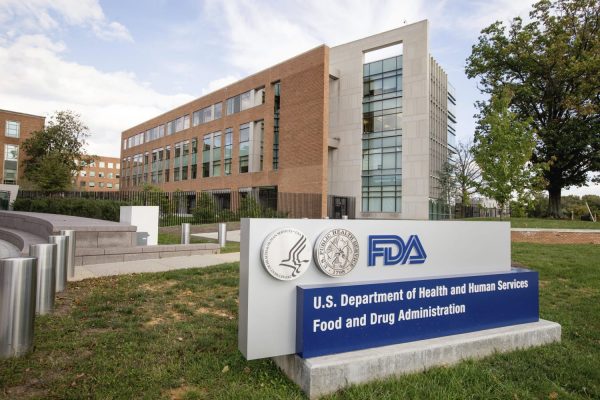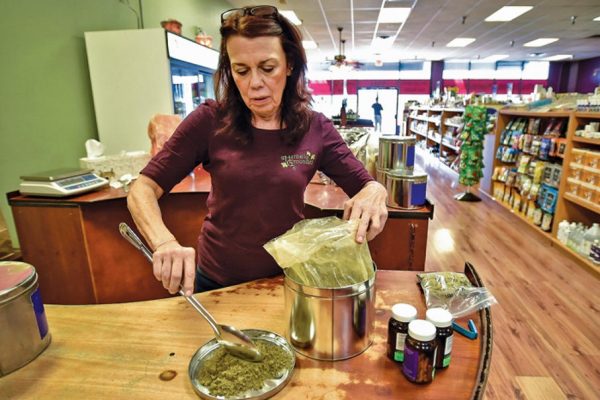
In a surprising turn of events, the U.S. Food and Drug Administration (FDA) recently withdrew its notice of a proposed study on kratom and psychedelics.
On August 2, the FDA published a notice in the Federal Register for a 60-day comment period regarding a proposed study titled “Risk/Safety Considerations and Motivations for Purchase and Use of Kratom and Psychedelics Alone and in Combination With Other Substances.” According to the FDA notice, the study aimed to understand and characterize the emergent risk/safety and perceived benefits linked to kratom and psychedelics. The FDA planned to conduct a survey of consumers of these substances.
The American Kratom Association (AKA) criticized the study, arguing that it was poorly framed by comparing kratom, a federally legal substance, to psychedelics, which are classified as Schedule I.
In another notice dated August 6 but released on August 12, the FDA announced the withdrawal of the proposed study. The FDA stated, “FDA no longer intends to proceed with the proposed study as described because circumstances occurred necessitating changes to the scope of the study”. The FDA did not provide further details on why the study was withdrawn.
The AKA supported the decision to discontinue the study, calling it an “embarrassing mistake”. Mac Haddow, senior fellow on public policy with the AKA, suggested that the FDA’s actions were driven by a few anti-kratom staff and called for the FDA Commissioner to reassess the agency’s approach to kratom and psychedelics.

A Brief History of the FDA and Kratom
Early Concerns and Import Alerts
The FDA’s involvement with kratom began in 2012 when the agency issued its first import alert, identifying kratom as an unapproved drug. This alert allowed the FDA to detain shipments of kratom without physical examination. In 2014, the FDA issued a second import alert, reinforcing its stance on kratom and leading to multiple seizures of kratom shipments by U.S. Marshals.
Safety Warnings and Public Health Focus
As kratom’s popularity grew in the U.S., the FDA’s concerns about its safety also increased. In 2018, the FDA labeled kratom as an opioid based on a 3-D modeling study of its compounds. The agency has consistently warned the public about the potential risks of using kratom, including addiction, abuse, and serious health consequences.
The FDA has not approved any drug products containing kratom or its main chemical components, mitragynine and 7-hydroxymitragynine. The agency continues to monitor emerging data and trends to better understand kratom and its effects.
Regulatory Actions and Research
The FDA has taken several regulatory actions against kratom, including classifying it as an unsafe food additive and determining that dietary supplements containing kratom are adulterated under the Federal Food, Drug, and Cosmetic Act. Despite these actions, kratom remains available in many areas, often marketed as an herbal supplement.
